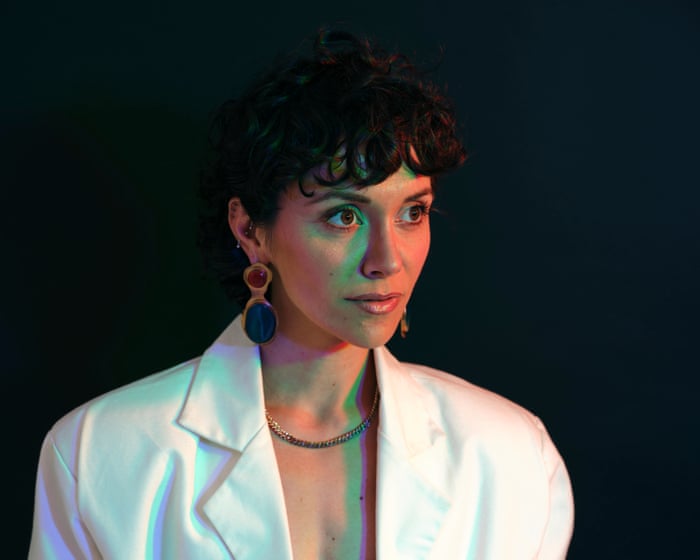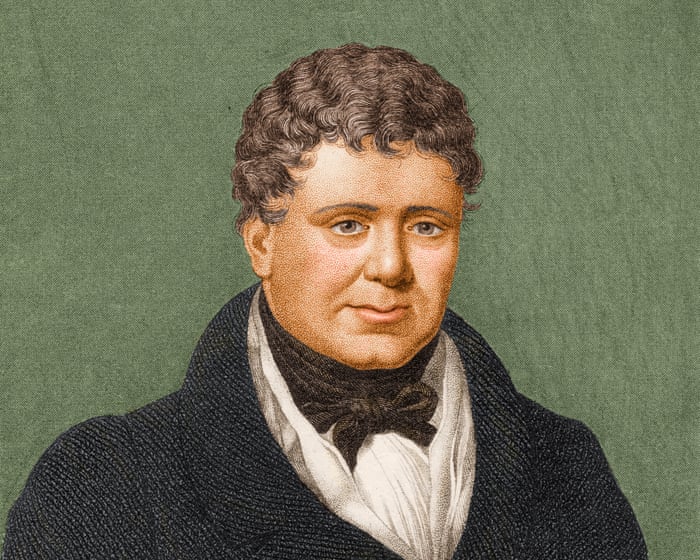It’s remarkable how much of my life has been influenced by Crumpsall, though I hadn’t really thought about it until last Thursday and the terrible attack on the Heaton Park synagogue. Crumpsall is a small neighborhood in north Manchester, just 1.2 square miles with 18,000 residents. When I fell seriously ill at age nine, I was first taken to Crumpsall Hospital. Two years later, when I returned to a special school, it was Crumpsall Open Air; and the synagogue I attended was Higher Crumpsall.
For years, I either took Crumpsall for granted or looked down on it. It was linked to some of my most painful memories, like my illness, and my least favorite part of life—religion. I’d rather talk about Cheetham Hill, less than two miles away, which seemed cooler and more secular, even though the two areas often blended together. Ironically and foolishly, I also thought Cheetham Hill seemed more edgy and dangerous.
I left Manchester for university in Leeds and then moved to London decades ago. My parents stayed in Broughton Park, a middle-class Jewish suburb within a mile of where they both grew up. To me, it felt stiflingly insular. After my sister and I moved out, they downsized to a house just a few streets away. When my dad passed away nearly 20 years ago, my mom remained in her small home on her little cul-de-sac.
For a long time, I couldn’t stand visiting. It felt claustrophobic, both physically and socially. I never understood why she stayed there. As much as I loved her—and I truly adored her—I was snobbish about her neighborhood and felt she deserved a bigger, better world. She was like a fish out of water there—an observant but largely secular Jew (if that’s not a contradiction) living among a mostly Hassidic community. Over the decades, the area had grown more religious, or as we Jews say, “frummer and frummer.”
But what did I know about smallness and insularity? In my mom’s final years, I spent more and more time at her house, both with her and alone. When she was in the hospital with various illnesses, I often stayed there while visiting her. And when she was back home recovering, I stayed because I wanted to be near her.
Gradually, I grew to love both the house and the community—or rather, communities. While I’d been away, more and more Muslims had moved into Crumpsall and Cheetham Hill. They didn’t displace the Jews; instead, they lived largely separate but peaceful lives side by side. It wasn’t just different religions, but different levels of observance: ultra-frum Jews lived alongside frum and less observant Jews, and the same went for Muslims. It was like rainbows within rainbows. Far from the shtetl my parents’ generation imagined, Crumpsall and Cheetham Hill were incredibly, cinematically diverse. (It really would make a wonderful movie setting.)
Of the 18,000 people in Crumpsall, nearly 10,000 are Muslim, 1,000 are Jewish, and 4,000 are Christian. In the 2021 census, 0.5% of the English and Welsh population identified as Jewish, while 6.5% identified as Muslim. So both the Jewish and Muslim populations in Crumpsall are about ten times the national average. Alongside the 4,600 residents born in the Middle East and Asia (roughly 25%), over 1,000 came from Africa. Affluent areas bordered some of the most deprived in the country.
There’s a Tesco about a five-minute walk from my mom’s old house. It’s huge, and I’ve never seen a supermarket that caters to so many cultures. Mom used to wonder why I spent so much time there or wandering around Cheetham Hill. I told her I found it inspiring—all classes, religions, and races going about their lives under the same gray sky. I couldn’t get over it.I came to a belated realization: the place I had once dismissed as narrow-minded is actually one of the world’s greatest melting pots. And five days after the terror attack, it still is.
While politicians, religious leaders, and populist journalists try to sow division in Crumpsall—claiming the attack was an inevitable result of the British government recognizing Palestine as a state, or its refusal to crack down on protests about the genocide in Gaza, or its failure to police synagogues—it’s crucial to remember that this horrific attack was an exception. It was the act of one individual (though others have been arrested in connection), not one community at war with another, as some would have us believe.
Crumpsall was, and remains, a model community. In many ways, the suburb is like its own peaceful two-state solution in miniature. It has just suffered a terrible but temporary setback.
These are frightening times for Jews and Muslims in Crumpsall and around the world. After the 2017 Arena terror attacks, Manchester responded in the best way possible—a community of defiant bees united by shared humanity. Love clearly triumphed over hate then, and it must do so again for Crumpsall.
Simon Hattenstone is a Guardian features writer.
Do you have an opinion on the issues raised in this article? If you would like to submit a response of up to 300 words by email for consideration in our letters section, please click here.
Frequently Asked Questions
Of course Here is a list of FAQs based on the sentiment you shared designed to be clear natural and helpful
General Understanding Emotions
1 What is this feeling of cherishing a place only after a tragedy
This is a common human experience We often take the familiar for granted A traumatic event can shatter that normalcy making us acutely aware of what we stand to lose and deepening our appreciation for it
2 Why does a crisis make people feel more united
A shared threat or tragedy often breaks down individual differences People come together for mutual support comfort and strength creating a powerful sense of community and shared purpose against a common adversity
3 Is it normal to feel a stronger connection to my hometown after an attack
Yes it is completely normal The attack created a shared emotional experience for everyone from your town This collective grief fear and resilience can forge a bond that feels deeper than before
Coping Personal Response
4 How can I deal with the grief and fear Im feeling
Its important to acknowledge your feelings Talk to friends family or a mental health professional Engaging in community memorials or support groups can also provide comfort and a sense of solidarity
5 What can I do personally to help maintain the unity were feeling
Small actions have a big impact Check in on neighbors support local businesses participate in community events and share positive stories and memories of your hometown Actively choosing kindness reinforces unity
6 I dont live there anymore but Im deeply affected How can I help from afar
You can donate to verified local relief funds reach out to old friends and family from the area to offer support and use your social media to share accurate information and positive messages about the towns resilience
Community The Future
7 How can our community actively work to keep this sense of unity from fading
Communities can establish permanent memorials create annual events focused on unity and remembrance and form longterm support networks or neighborhood watch groups that keep people connected
8 What are some examples of how other towns have maintained unity after a tragedy
Many towns create community gardens establish charitable foundations in the victims names or launch public art projects that symbolize resilience These become lasting physical reminders of their collective strength and commitment to each other



